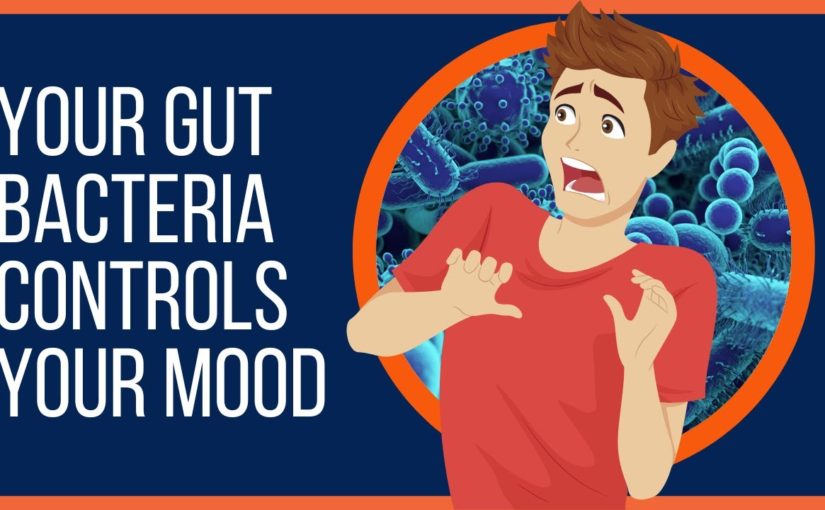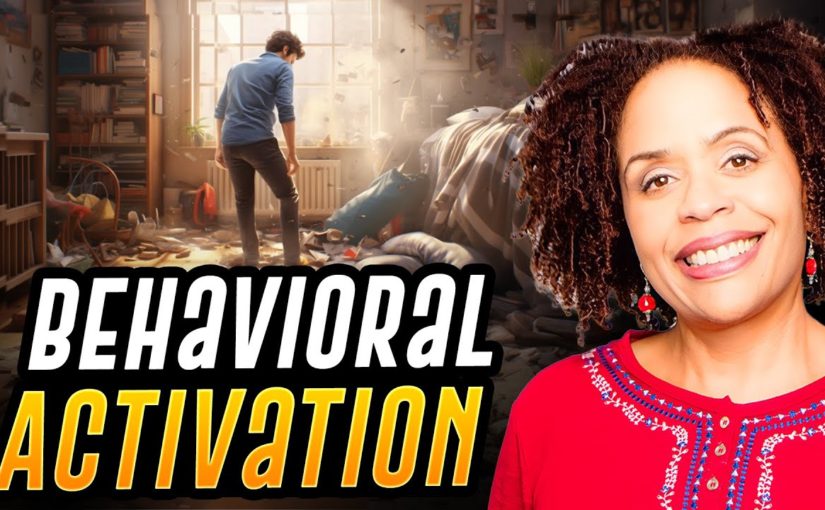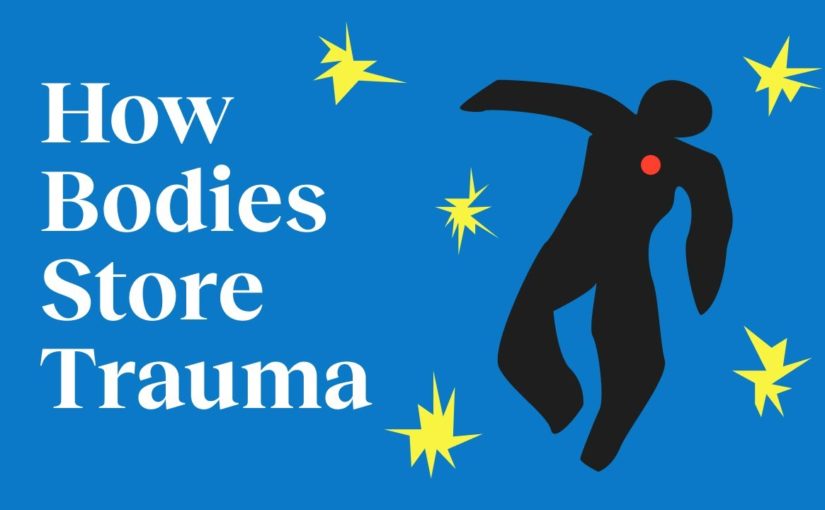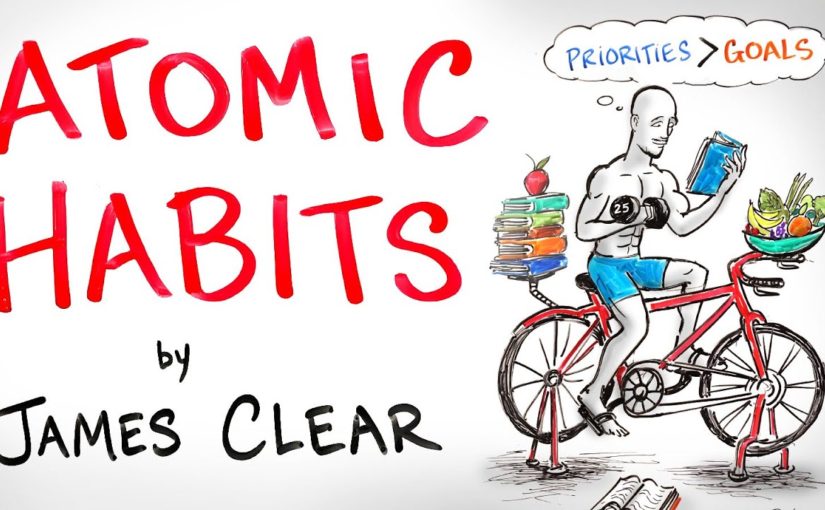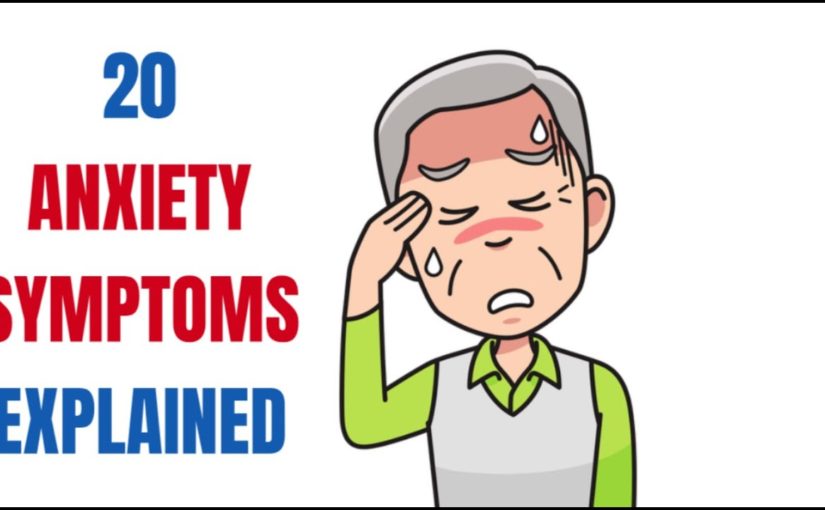https://www.youtube.com/watch?v=SApOxZ7BMwE
Depression is a complex mental health condition that can affect multiple aspects of your life, including your thoughts, feelings, behaviors, and physical wellbeing. When you’re depressed, you tend to disengage from your usual routines and withdraw from your environment.
00:00:15 When you do this, you don’t get the psychological reward from pleasurable activities, and this creates a feedback loop that perpetuates more depression.
00:00:25 A very effective intervention that is often underutilized is behavioral activation. That’s what I’m talking about today.
00:00:32 I’m Dr. Tracey Marks, a psychiatrist, and I make mental health education videos. First, let me explain a little more about the cycle of depression and how it leads to the inactivity that makes your depression worse.
00:00:45 A single depressive episode can be triggered by many different factors: loss, trauma, prolonged stress, or a genetic predisposition and no identifiable trigger. Once depression sets in, you can experience persistent negative thoughts, like, “I’m worthless,” “No one cares about me,” and feelings of sadness, hopelessness, and a lack of pleasure in things that you previously enjoyed.
00:01:11 Also, another thing that can happen when you get depressed is even the smallest things feel really hard and you have no motivation to exert the energy that you don’t have to do these hard things.
00:01:24 Then because of these negative thoughts and feelings, you withdraw from social situations, avoid responsibilities, and neglect hobbies and interests. This leads to less involvement in activities that once brought joy or a sense of accomplishment. As things progress, you become more and more inactive mentally and physically. You may sleep more or stay in bed more even if you’re not asleep. You can feel sluggish all the time and even feel mentally foggy and slowed.
00:01:58 Feeling like this makes you continue to not do very much because you don’t feel well, and then the loop just keeps circling on itself and you feel more and more lonely and hopeless.
00:02:09 You may even blame yourself for being inadequate. Research shows that participating in constructive activities, even in minor amounts, can have a positive reinforcement effect. And we’re not talking about exercise here, although exercise also improves depression because it increases brain derived neurotropic factor, called BDNF.
00:02:32 BDNF is a brain chemical that promotes nerve growth. I talk more about the science of how exercise impacts your mood and rewires your brain in another video that you can watch after this one. The activities of behavioral activation can be anything that you normally do that you’re now not doing much of.
00:02:52 You’re reengaging with these activities, even if you don’t feel like it, and over time, repeated exposure to these activities produces a sense of accomplishment and productivity that is positively reinforcing and offsets the negative thoughts you have about yourself and the world when you’re depressed. Behavioral activation is a form of cognitive behavioral therapy and it is purely behavioral.
00:03:17 You’re looking into modify what you’re doing instead of what you’re thinking, but what you do affects how you think about yourself and your environment, so we’re indirectly addressing your negative thoughts by changing your behavior. How do you do it? The first thing you want to do is monitor your activity. It’s easy when you’re depressed to slip into this low activity state and not be aware of just how much you’re no longer doing. You may know that you’re not doing a lot, but you’ve lost perspective and can’t appreciate the change as much. Keep track of your activities for a week.
00:03:53 Break down each day into morning, afternoon, and evening. For each segment of the day, write down what you did and how you felt about it on a scale from 1 to 10 with 10 being awesome and 1 being awful. You don’t have to write down every single thing, like “I brushed my teeth and used the bathroom.” In fact, you can probably eliminate going to the bathroom from the list because that’s not really an activity.
00:04:17 That’s a body function that’s going to happen whether you’re lying in bed or not.
00:04:21 The activities on this tracker are intentional things that you do that you don’t have to do to live. To help you identify these things, you can answer the W questions. What were you doing? Who were you with? Where were you? You want to make sure you write down things soon after you do them.
00:04:41 It’s much harder to remember things hours later.
00:04:44 I have a handy activity tracker that you can use for this, or you can keep track on your phone.
00:04:50 But you want to keep the tracker or your phone nearby so you can immediately write down what you did. You’re only tracking for a week, and you want to record activities even if they seem trivial like doing laundry. After you’ve monitored your activities for the week, next thing you want to do is review your activities and how you felt with each of these activities. What were you doing when you felt your best? What were you doing when your mood was the lowest? Also, think about these questions.
00:05:20 What activities made you feel the most connected to people? What activities made you feel the most accomplished? Can you see a relationship between your mood and activity level? In general, we get more satisfaction out of life when we are doing things that align with our core values, or doing things that are important to us.
00:05:41 When we get depressed, we tend to lose sight of our values and things that are meaningful, so step three would be to reflect on your core values. There are different ways to think about your values. You can find articles online about common values that people have.
00:05:58 You can also use this values assessment that is part of this Life in Action workbook that I created. Look at the chart and circle the values that most resonate with you. The next step is to plan your activities. You’re going to create a list of activities from a few sources: your activity monitoring sheet, your values assessment, and you’ll need to include essential activities of daily living like preparing meals, laundry, paying bills. I mentioned earlier you don’t have to list every single thing like brushing your teeth.
00:06:32 You could group all of your grooming as just a grooming activity because you don’t want the list to be too long you can’t fit it in the space.
00:06:39 Then you can also use the activity menu that’s included in the workbook to help brainstorm some other activities.
00:06:46 The last step is to schedule and plan the activities. You can use the same activity tracker that you used from the activity monitoring in the first step.
00:06:56 You are going to need to be patient with this process. Getting active won’t make you feel better immediately. It takes time.
00:07:04 But the more you do it, the easier it gets. You become more motivated and more energized and feel better about yourself. If you really struggle to do this, you can ask a friend or a family member to help you brainstorm some activity ideas, help you realize your values, or hold you accountable for sticking to the things that you scheduled.
00:07:27 Connecting with people you care about in and of itself is extremely valuable and can be one of your activities. If you don’t have much support, a therapist can also help you create a behavioral activation plan. To get started with this, you can download the activity tracker free from my new Mental Wellness Store.
00:07:47 Or if you’re on my email list, it was sent to you, and you can get the Complete Life Action Workbook from the Mental Wellness Space Store.
00:07:57 It includes the activity tracker, values assessment, activity menu, and activity planner. If you are part of my Mental Wellness Space community, the workbook is included in your membership. Watch this video for more on how exercise helps rewire your brain. Thanks for watching. See you next time.



